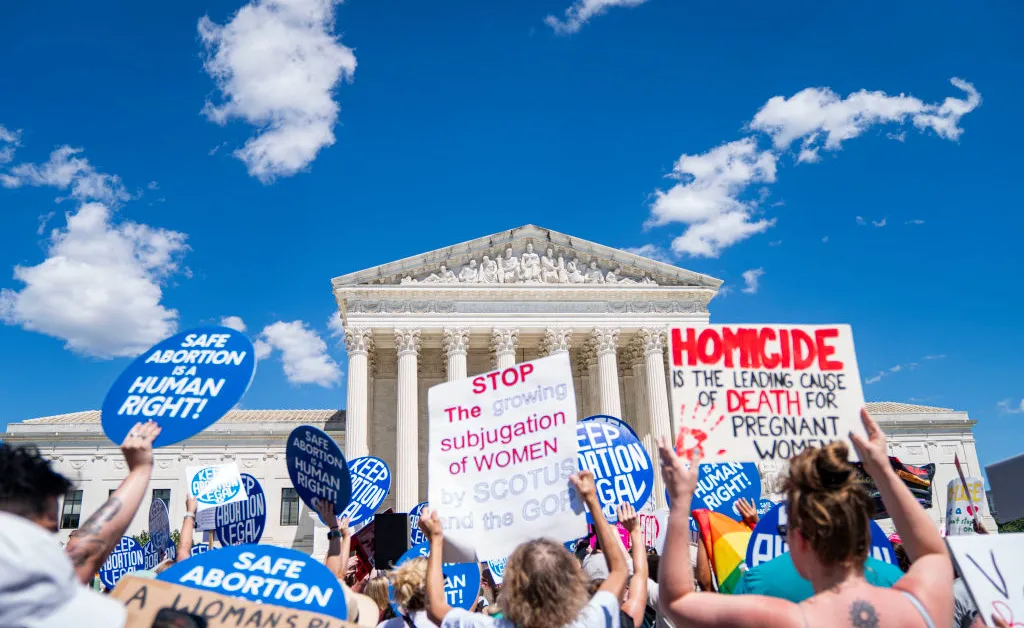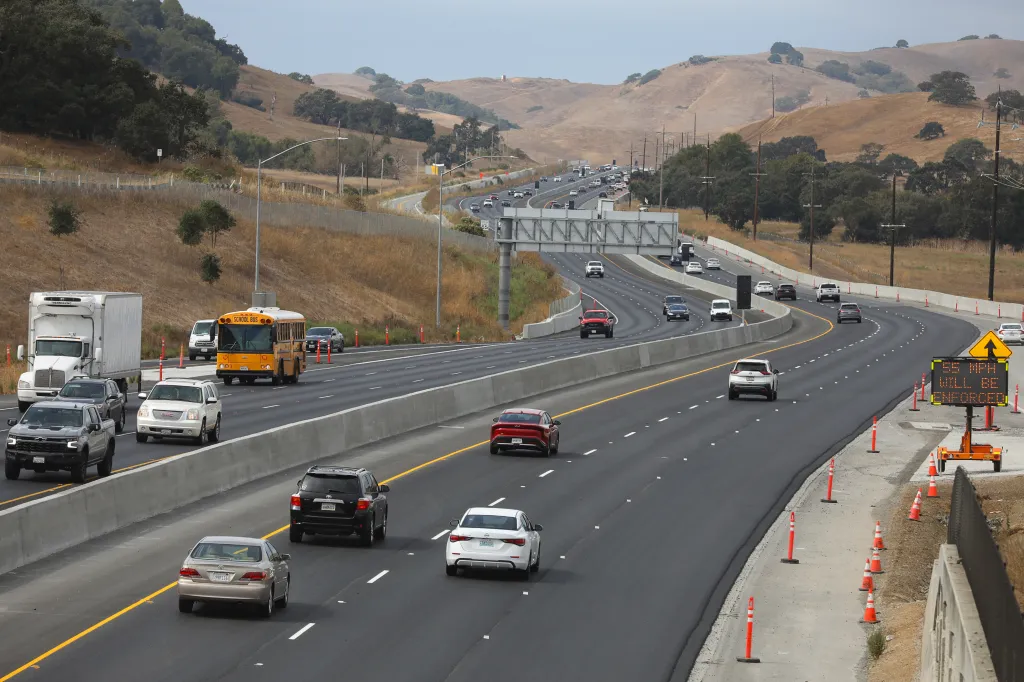
Meanwhile in New York, the number of abortions provided by clinicians in the state declined by roughly 5%, but the number of people traveling to the state to access care increased by about 51%. DoCampo says that was likely because there were more people traveling from Florida to New York, given Florida’s new restrictions on abortion.
Overall, however, DoCampo says the research indicates a reversing trend from previous years, when the number of abortions being provided was rising.
Diana Greene Foster—a professor at the University of California, San Francisco who was not affiliated with Guttmacher’s research—agrees that the apparent overall decline in abortions provided so far this year could be due to people accessing care under shield laws, which the data don’t capture. But she says she is worried that some people may not be able to access pills via shield laws or travel out of state to get care.
“A decrease, to me, just raises the concern that there could be people who want abortions who don’t get them,” Foster says. Foster conducted her own yearslong research project that found that people who were denied abortions experienced worse economic and health outcomes than those who did receive care.
“My big concern is whether people who need to travel are able to travel,” she says. “We don’t know from this data that they’re not, but it is a concerning possibility.”



